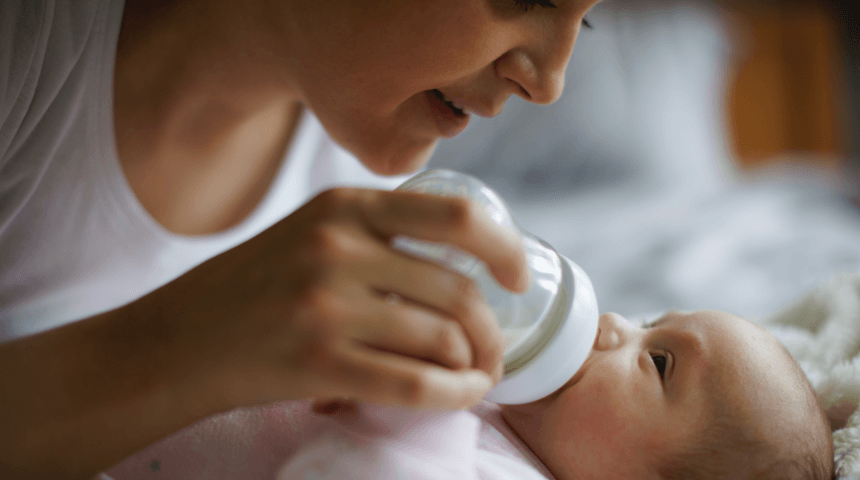Am I Suffering From Postpartum Depression?
You’ve recently arrived home with your cuddly infant and discover you’re battling anxiety and mood swings more than you anticipated. You feel overwhelmingly restless and have caught yourself wandering around in tears for no apparent reason. Despite your spouse preparing meals and pitching in with diaper duty, you feel short-tempered and lash out, only to feel badly for doing so. Will the feeling pass or do these emotions indicate something far more serious, like postpartum depression?
When you consider up to 70 percent of new mothers experience the “baby blues” — which can include anxiety, irritability, crying outbursts and restlessness in the first weeks after giving birth — you may gain a better understanding of how prevalent these symptoms really are. While these emotions are common and usually resolve on their own, postpartum depression seriously interferes with daily life, continuing for months and usually requiring treatment, according to the American Psychiatric Association.
Risks and Misconceptions
Many mistakenly believe postpartum depression only occurs in women who experienced depression prior to pregnancy. However, the condition affects up to 15 percent of mothers regardless of their past history, according to the National Institutes of Health.
It’s important to understand how difficult the postpartum period is. The months post-delivery should be considered a fourth trimester. New mothers may be affected by medical issues that surfaced during the pregnancy (sleep deprivation), long-term issues (birth control), lifestyle changes (employment) and shifts in dynamics with their spouse, family and friends. Optimizing patient health during this time remains critical not only for the patient, but also for the infant.
Postpartum Screening
Fortunately, many post-delivery issues can be anticipated and discussed before delivery, and should be part of the postpartum screening process. Expectant mothers are encouraged to ask questions about the post-birth period and have an open dialogue with their care provider, informing them on important details, such as who will be helping care for the patient’s other children and when they expect to return to work.
Women who may have had previous issues with depression, or who have struggled with postpartum depression before, are at higher risk of having difficulties with the current pregnancy.
Signs of postpartum depression include:
-
Sadness or depressed mood
-
Crying for “no reason”
-
Shifts in appetite
-
Difficulty maintaining a consistent sleep schedule
-
Increased fatigue
-
Noticeable increase in purposeless physical activity (pacing, inability to sit still)
-
Slowed movements or speech
-
Feelings of guilt or worthlessness
-
Difficulty thinking, concentrating or decision-making (“brain fog”)
-
Lack of interest in the baby or increased anxiousness around the baby
-
Loss of interest in previously enjoyed activities
-
Suicidal thoughts
-
Fear of harming the baby or oneself
A post-delivery screening occurs during a patient’s first postpartum examination. A new mother is encouraged to seek assistance or care anytime she feels it's necessary, and especially when her emotional well-being has changed. Sleep and appetite changes while caring for a new baby can trigger previous mood disorders. Notify your provider immediately any time you feel suicidal or like you may harm yourself or your child.
Do You Have a Good Relationship with Your OB-GYN?
It’s important to develop a positive rapport with your doctor and care team. As you begin your prenatal care, raise any concerns about mood or emotional changes you experience during and after your pregnancy. Strong communication with your OB-GYN remains the most crucial aspect of care.Choose to Stay in Touch
Sign up to receive the latest health news and trends, wellness & prevention tips, and much more from Orlando Health.
Sign Up




